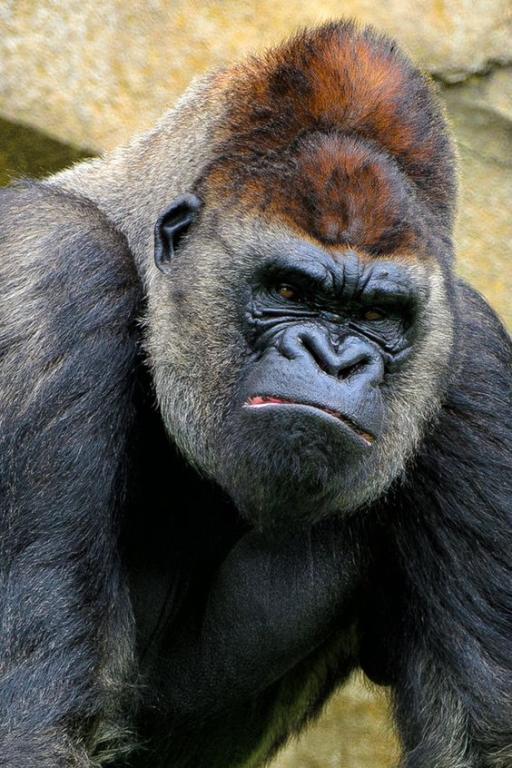Why humans — unlike the great apes — must be active to be healthy (1) - Patheos
Why humans — unlike the great apes — must be active to be healthy (1) - Patheos |
| Why humans — unlike the great apes — must be active to be healthy (1) - Patheos Posted: 31 Jan 2019 12:00 AM PST  An article in the January 2019 issue of Scientific American — "Evolved to Exercise: Unlike our ape cousins, humans require high levels of physical activity to be healthy" — by Herman Pontzer, an associate professor of evolutionary anthropology at Duke University, is not only extremely interesting but offers some quite practical implications. Herewith, some notes from it: We share more than 97 percent of our DNA with orangutans, bonobos, chimpanzees, and gorillas — although, I add for the sake of perspective, we apparently also share roughly 60 percent of our DNA with bananas. And the great apes are like us in many regards. They're clever, use tools, fight and make up, seek privacy for sex, sometimes kill for "turf." Their kids learn from their mothers, roughhouse and play with one another, and throw temper tantrums. "And yet," writes Pontzer, "it is the differences, rather than the similarities, between humans and apes that are casting new light on the way our bodies work." It's not a matter merely of "shape and behavior" but of "the fundamental function of our cells." A typical day's agenda for a chimpanzee in the wild reads like the daily schedule for lethargic retirees on a Caribbean cruise, though with fewer organized activities. Wake up early, crack of dawn, then off to breakfast (fruit). Eat until you are stuffed, and next find a nice place for a nap, maybe some light grooming. After an hour or so (no rush!) go find a sunny tree with figs and gorge yourself. Maybe go meet some friends, a bit more grooming, another nap. Around five o'clock, have an early dinner (more fruit, maybe some leaves), then it is time to find a nice sleeping tree, build a nest and call it a night. Sure, there are frenetic pant-hoot choruses when the fruit is really great and the occasional scuffle or monkey hunt, and the alpha male needs to carve some time out every day to thrash a few victims or display mightily. But in general, chimpanzee life is pretty mellow. And this is pretty much the way for orangutans, bonobos, and gorillas, as well. Great apes spend roughly eight to ten hours daily resting, rooming, and eating before they knock off in the evening for nine or ten hours of well-earned sleep. In humans, such regular behavior would be a recipe for serious health problems. Taking fewer than 10,000 steps daily, for example, has been linked with increased risk of cardiovascular and metabolic disease (such as type 2 diabetes). Sitting at a desk (as I'm doing right now) or in front of the television has been associated with increased risk of disease and a shorter life span, even among people who exercise. Physical inactivity is arguably on a par with smoking as a risk to health. "Among Scottish adults, those watching more than two hours of television a day had a 125 percent increase in cardiac events such as heart attack or stroke. A study in Australian adults reported that every hour accumulated watching television shortened life expectancy by 22 minutes." By contrast, even in captivity, chimpanzees and other apes suffer only rarely from diabetes, blood pressure doesn't increase as they age, and, despite naturally high levels of cholesterol, their arteries don't harden and clog over time. They don't develop heart disease or suffer from heart attacks brought on by occluded arteries. And they remain lean, with levels of body fat reminiscent of Olympic athletes. So what happened to us? (To be continued.) |
| You are subscribed to email updates from "whatcan imake withfigs" - Google News.
| Email delivery powered by Google |
| Google, 1600 Amphitheatre Parkway, Mountain View, CA 94043, United States | |


Comments
Post a Comment